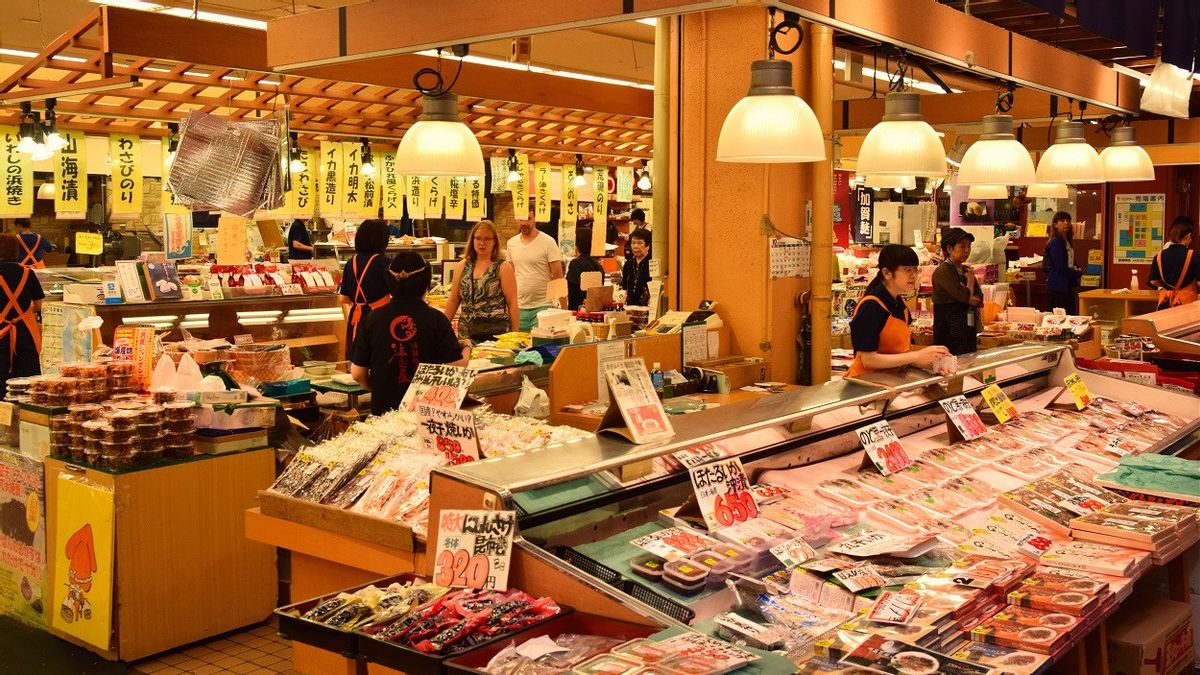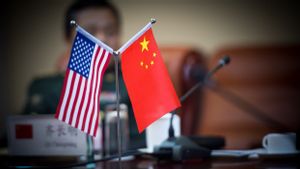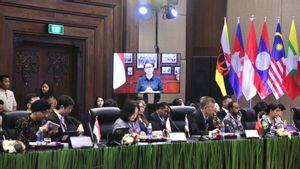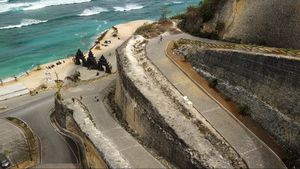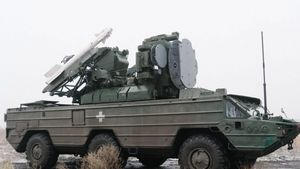JAKARTA - The European Union, Norway and Iceland on Thursday officially lifted restrictions on the import of food products from several regions of Japan, following the Fukushima nuclear power plant disaster in 2011.
"On August 3, the European Union (EU) lifted the European Union (EU) restrictive measures on the import of Japanese food products. These measures were introduced after the accident at TEPCO's Fukushima Daiichi Nuclear Power Plant in 2011 and have been reviewed," the Foreign Ministry explained. Japan in a statement on its website, as quoted on Thursday, August 3.
"In July this year, the European Union announced it would lift these measures," the statement continued,
"Norway and Iceland have also lifted similar restrictions on August 3, after completing their internal procedures," the statement said.
As a result of this change, the number of countries and regions maintaining import controls due to radioactive safety concerns was reduced to nine, with Switzerland expected to follow suit on August 15, Kyodo News reported.

The removal of the requirement for Japan to test for radionuclides and to provide safety certification for some seafood and agricultural products is good news for producers in Fukushima, as well as producers in the nine other affected prefectures, namely Miyagi, Yamagata, Ibaraki, Gunma, Niigata, Yamanashi , Nagano, Iwate and Shizuoka.
"The government of Japan welcomes the lifting of measures undertaken by the European Union and those countries, as this will promote the reconstruction of areas affected by the Great East Japan Earthquake," wrote the Japanese Ministry of Foreign Affairs.
The European Union has gradually relaxed its restrictions over the past few years. The 27-member European bloc announced its decision to end the measures based on scientific reasons on July 13, at the EU-Japan summit in Brussels, Belgium, which was attended by Japanese Prime Minister Fumio Kishida, European Council President Charles Michel and European Commission President Ursula von der Leyen.
The European Union's decision comes after the International Atomic Energy Agency (IAEA) concluded in early July that Japan's plan to release treated radioactive water from the damaged Fukushima nuclear power plant into the sea complies with international safety standards, and will have negligible radiological impact on humans. and environment.
But in a statement made on July 13, the European Union called on the Japanese government to continue monitoring domestic products for radioactivity, with a particular focus on "fish, fishery products and seaweed close to the site of release of contaminated water," as well as announce the results to the public.
SEE ALSO:
Previously around 55 countries had imposed restrictions on Japanese food imports, due to fears of radiation contamination after the Fukushima nuclear power plant disaster.
The United States, Israel and Singapore will lift all restrictions on imports of Japanese food products after the Fukushima nuclear power plant disaster in 2021, while the UK and Indonesia will lift them in 2022.
Meanwhile China, South Korea, Taiwan, Hong Kong and Macau maintain import restrictions on Japanese food products.
The English, Chinese, Japanese, Arabic, and French versions are automatically generated by the AI. So there may still be inaccuracies in translating, please always see Indonesian as our main language. (system supported by DigitalSiber.id)
